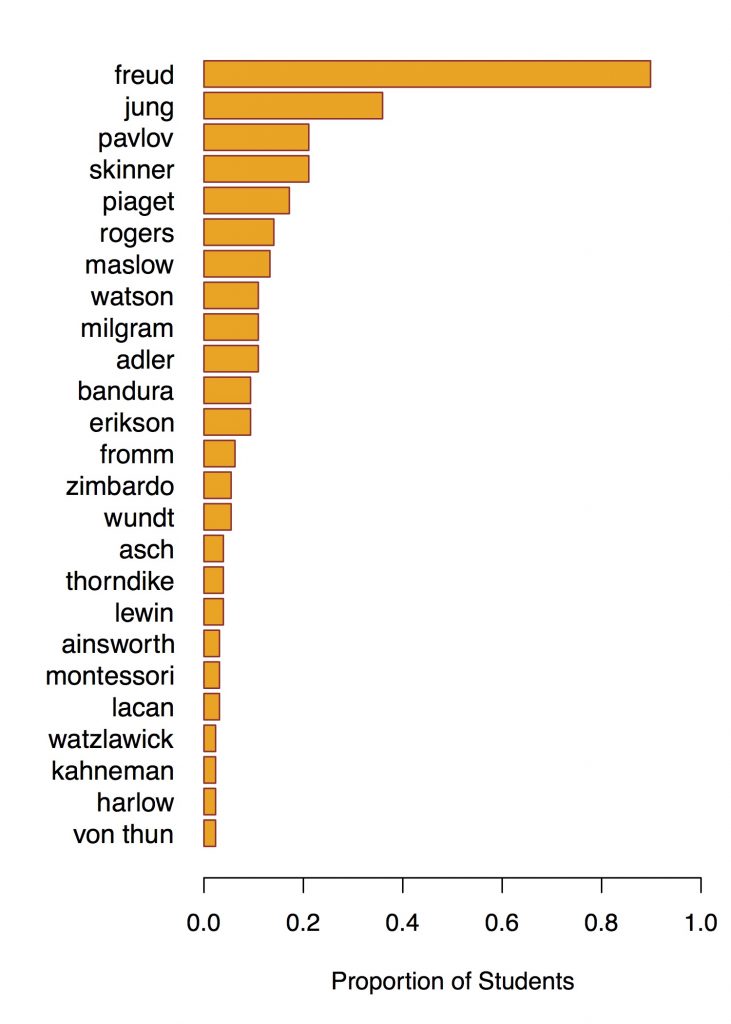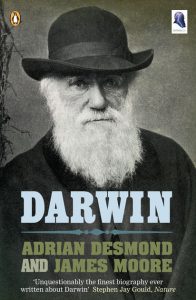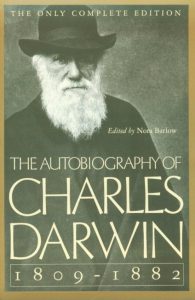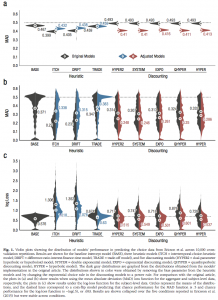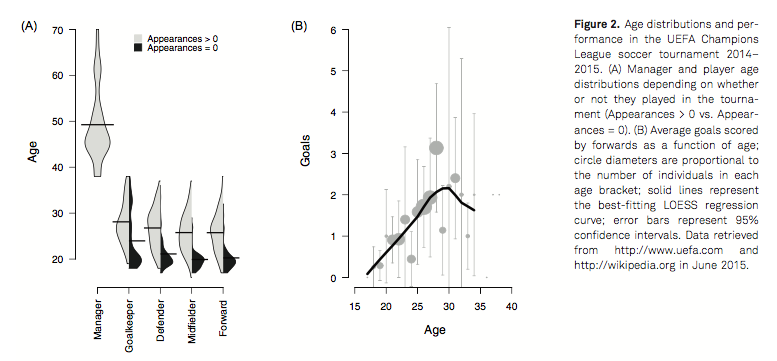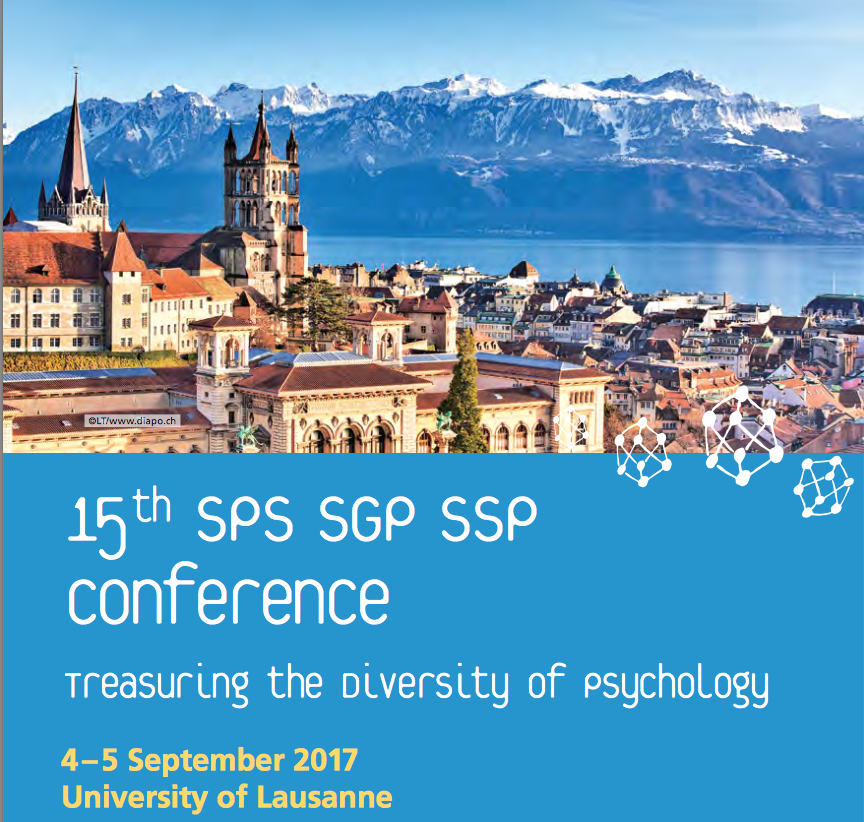Vom 21.-25. August war ich auf der Jahreskonferenz der European Economic Association, welche diesmal in Lissabon stattfand. Neben der schönen Hauptstadt Portugals, gab es auch einige interessante Beiträge zum Thema Investitionsverhalten und Erfahrung.
Lukas und Nöth (2017) zeigen in ihrem Artikel «What makes children save more? Evidence from an Experiment with Elementary School Pupils» mit einem Experiment indem Grundschulkindern in Gummibärchen sparen können, dass diese schon auf Anreize und Institutionen reagieren. So erhöht sich die Sparrate, wenn die Kinder aus einer Schale die Gummibärchen nehmen müssen, statt sie in die Schale hinein zu legen. Ferner nimmt die Sparrate ab, wenn die Zeit bis zur Auszahlung der investierten Gummibärchen zu nimmt. Hierbei ist die Rolle der kognitiven Entwicklung und Erfahrung vor allem ausgeprägt. Kinder die älter sind, reagieren stärker auf diese Anreize, ebenso Kinder welche etwas Taschengeld erhalten von ihren Eltern.
